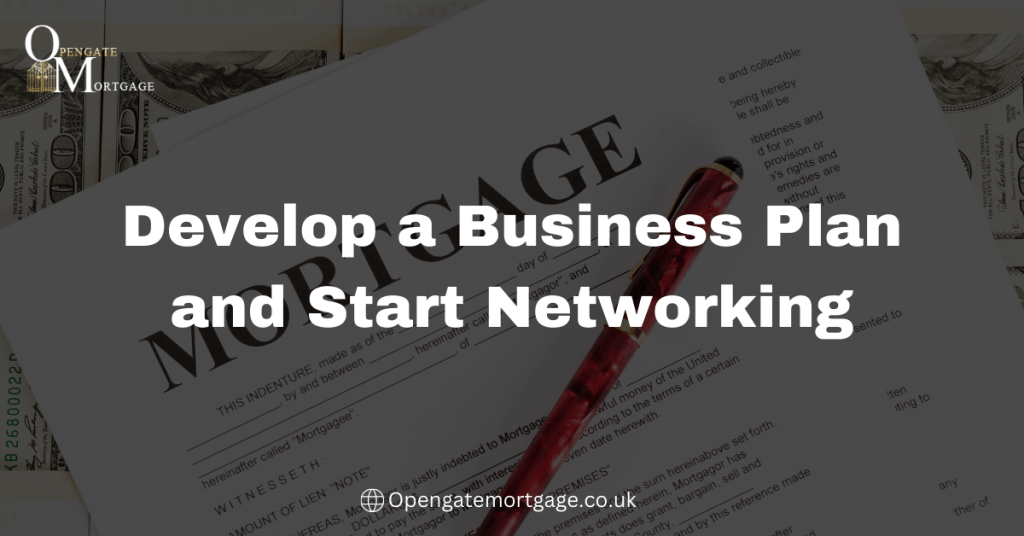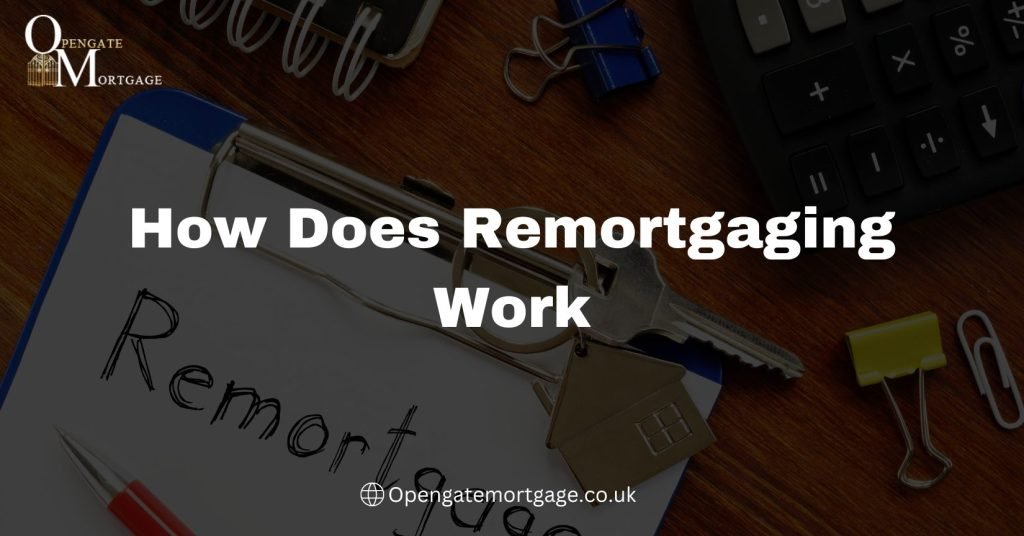Becoming a mortgage advisor can be a rewarding career path. However, it requires significant education, training, and licensing to properly prepare you for this role. If you have a mind for numbers, enjoy helping people achieve their financial goals, and want a job with strong growth potential, consider pursuing a career as a mortgage advisor.
If you want to know How To Become Mortgage Advisor, you must complete several steps. First, you need to determine the specific mortgage advisor path you want to pursue, as there are a few options with different licensing and certification requirements. Next, you must complete the necessary coursework and training. This typically includes both general education as well as specialized mortgage and finance courses. You will then need to become properly licensed in your state which involves passing an exam. Finally, you must gain on-the-job experience, usually by finding an entry-level position at a mortgage lender, broker, or bank.
With hard work and perseverance, you can build a successful career as a mortgage advisor. Follow the steps outlined here and stay up-to-date with trends in the mortgage industry. Help your clients navigate the complex world of home loans and financing and you’ll find this career rewarding for many years to come.

Complete the Required Education and Training
To become a mortgage advisor, you must complete certain education and training.
First, you will need a bachelor’s degree in finance, business, economics, or a related field. Coursework in real estate, tax law, finance, and accounting will provide a useful foundation for a career as a mortgage advisor.
Next, you must become licensed or certified in your state. Licensing requirements vary, but usually involve passing an exam, such as the National Mortgage Licensing Exam (NMLS). Earning professional designations like the Certified Mortgage Advisor (CMA) or Accredited Mortgage Professional (AMP) can demonstrate your competence to employers and clients.
You will also need on-the-job training. Most mortgage advisors start out in entry-level positions where they receive supervision and mentorship. Look for companies that offer formal training programs to teach you about different types of mortgages, lending practices, and compliance standards.
Continuous learning is important in this field. Take regular courses to stay up-to-date with regulatory changes and the latest mortgage products. You may need to complete a certain number of hours of continuing education each year to maintain your license and certifications.
With the necessary education, licenses, training, and commitment to ongoing learning, you will have the knowledge and skills to advise clients on finding mortgage solutions that suit their needs. Strong interpersonal abilities, attention to detail, and a desire to help people are also essential characteristics of a successful mortgage advisor.
Gain the Necessary Experience
To become a mortgage advisor, gaining relevant experience is essential. There are a few ways to do this:
\n\n###Intern at a Mortgage Company
Interning at an established mortgage firm is an excellent way to gain real-world experience. You’ll learn the ropes from experienced advisors and may even get the chance to take on some responsibility. Many mortgage companies hire former interns as entry-level advisors.
\n\n###Work as a Loan Processor
Working as a loan processor involves assisting mortgage advisors with paperwork, verifying application details, and ensuring loans comply with regulations. This provides hands-on experience with many aspects of the mortgage process and is ideal for aspiring advisors.
\n\n###Consider Related Fields
Working in related fields like banking, insurance, or real estate can provide transferable experience. For example, as a bank teller or loan officer you’ll gain familiarity with financial products and lending practices. In real estate, you’ll learn how mortgages fit into property transactions. This experience demonstrates your interest in finance and dedication to helping clients.
With the necessary education and credentials, relevant work experience is key to becoming a mortgage advisor. Pursuing internships, processor roles, and related fields will equip you with the knowledge and skills to advise clients on one of the most significant financial transactions of their lives. For those willing to put in the effort, a rewarding career as a mortgage advisor awaits.
Pass the Licensing Exam and Background Check
To become a mortgage advisor, you must pass your state’s licensing exam and background check.
Licensing Exam
The first step is to study for and pass either the National Mortgage Licensing Exam (NMLS) or your state’s specific mortgage lending exam. The NMLS is the most common. Review the NMLS Content Outline to determine which topics and percentages of questions will be on the exam. Study materials like exam prep books, online courses, and practice tests can help you prepare.
When you’re ready, register and schedule your exam at an NMLS-approved testing center. The exam has 125 multiple-choice questions and you have 3 hours to complete it. Receive a score of at least 75% to pass. Your state may have additional requirements, such as a minimum number of hours of pre-licensing education.
Background Check
After passing your exam, submit to a credit and background check as required by the NMLS. Provide information like your Social Security number, addresses where you’ve lived for the past 10 years, aliases used, and license or registration types you may hold. The background check reviews your credit history, verifies data provided, searches public records and databases for any felonies or misdemeanors, then generates a background check report.
If there are any issues in the background check, you’ll have an opportunity to dispute or explain them. Minor issues are unlikely to prevent licensing, but more serious issues like recent bankruptcies or criminal convictions may require additional documentation or review before licensing is approved.
Once you’ve passed your state’s exam and the NMLS has completed your background check with an approved finding, you can apply for your mortgage advisor license. Licenses must be renewed annually, along with completing continuing education to stay up-to-date with the latest rules, regulations, and best practices.
Build Your Knowledge of Mortgage Products and the Homebuying Process
To become a mortgage advisor, you need to develop an in-depth knowledge of the various mortgage products available and understand the homebuying process inside and out.
Study Mortgage Types
Familiarize yourself with the main categories of mortgages, including fixed-rate, adjustable-rate, interest-only, and hybrid mortgages. Learn the features, benefits, and risks of specific products like 15-year and 30-year fixed mortgages, 5/1 and 7/1 ARMs, interest-only mortgages, and hybrid ARMs. Know how rates, terms, interest rates, and payments differ for each product.
Understand Underwriting Guidelines
Mortgage underwriting guidelines determine a borrower’s eligibility for a mortgage. Study the guidelines set by government-sponsored enterprises like Fannie Mae and Freddie Mac, as well as portfolio lenders. Learn about debt-to-income ratios, credit scores, income and employment documentation, and down payment requirements. Stay up-to-date with any changes to underwriting guidelines.
Learn the Homebuying Process
Familiarize yourself with the key steps in the homebuying process, from preapproval through closing. Know how to help clients check their credit, get preapproved for a mortgage, find a real estate agent, make an offer, go through inspections and appraisals, and prepare for signing official closing paperwork with an attorney. Understand timelines, paperwork, and fees involved at each stage of the process.
Stay Current with Trends
The mortgage industry is continually evolving. Monitor interest rates, new mortgage products, changes to lending standards, and regulatory developments. Subscribe to industry publications and news sources to stay up-to-date with the latest trends that could impact your clients and your business. Continuous learning is essential to becoming an effective mortgage advisor.
With diligent study and persistence, you can develop proficiency in mortgages and homebuying essentials. Ongoing education and adaptability will serve you well as a mortgage advisor.
Develop a Business Plan and Start Networking
A solid business plan is essential for any new mortgage advisor. It will help you outline your goals and the steps to achieve them. Your plan should include:
Target Market
Identify your ideal clients and the types of mortgages or refinances they need. Focus on a niche market to start, then expand from there. For example, first-time homebuyers, self-employed borrowers, or those looking to refinance.
Marketing Strategy
Determine how you will reach your target market. Build a professional website to establish your online presence, start networking, join your local chamber of commerce, and create social media profiles to help promote your services. Offer free initial consultations or educational workshops to generate new leads.

Operational Details
Outline the logistics of your business. Establish business processes for originating mortgages, underwriting, closing and compliance. Determine your business model, such as opening your own brokerage or joining an existing one. Develop partnerships with real estate agents, financial planners, and home builders. Create sales forecasts and set activity quotas to work towards.
Licensing and Certification
To become a mortgage advisor, you must obtain the proper licensing for your state. Most states require a mortgage broker or loan originator license. Earning industry certifications, such as the Certified Mortgage Advisor (CMA) designation, can help build your credibility.
Start Networking
Begin introducing yourself to others in the real estate and lending fields, including real estate agents, builders, financial planners, and accountants. Explain the types of clients you work with and the services you provide. Ask if they have any referrals or if you can be added to their list of recommended mortgage professionals. Networking and building relationships is key to gaining new clients as a mortgage advisor.
With a solid plan in place, you will have a roadmap to get your mortgage advisory business up and running. Stay focused on your goals, consistently network, provide excellent service, and your new career as a mortgage advisor will flourish.
Conclusion
As you can see, becoming a mortgage advisor requires dedication and hard work. However, for those willing to put in the effort, it can be a rewarding career helping individuals achieve their dreams of home ownership. If you follow the steps outlined, obtain the necessary education and licensing, develop expertise, build your professional network, and continuously improve your skills, you’ll be well on your way to becoming a successful mortgage advisor. While the path isn’t always easy, the opportunity to positively impact people’s lives makes the journey worthwhile. With passion and persistence, you can achieve this goal and open up a world of new opportunities as a mortgage advisor.
People Also Ask Questions about How To Become Mortgage Advisor
What is a Mortgage Advisor?
A Mortgage Advisor is a financial professional who helps clients navigate the process of obtaining a mortgage or home loan. They analyze the financial situation of clients, provide mortgage options, and assist in selecting the most suitable mortgage product.
How do I become a Mortgage Advisor?
To become a Mortgage Advisor, you typically need to follow these steps: a. Obtain a high school diploma or equivalent. b. Pursue a relevant bachelor’s degree in finance, economics, business, or a related field (optional but beneficial). c. Gain work experience in the financial services industry or mortgage sector (optional but recommended). d. Obtain necessary licenses and certifications, such as a Mortgage Loan Originator (MLO) license and additional training programs.
What skills are essential for a Mortgage Advisor?
Key skills for a Mortgage Advisor include strong communication, analytical abilities, attention to detail, financial literacy, sales proficiency, and customer service expertise. Being well-organized and having knowledge of the mortgage market is also crucial.
Are there any specific licenses or certifications required to become a Mortgage Advisor?
Yes, many countries and states require Mortgage Advisors to hold an MLO license. Additionally, certain professional certifications like the Certified Mortgage Advisor (CMA) can enhance credibility and marketability.
How long does it take to become a Mortgage Advisor?
The timeline to become a Mortgage Advisor can vary based on individual circumstances. It may take anywhere from a few months to a couple of years, depending on the level of education, prior experience, and the time needed to obtain licenses and certifications.







